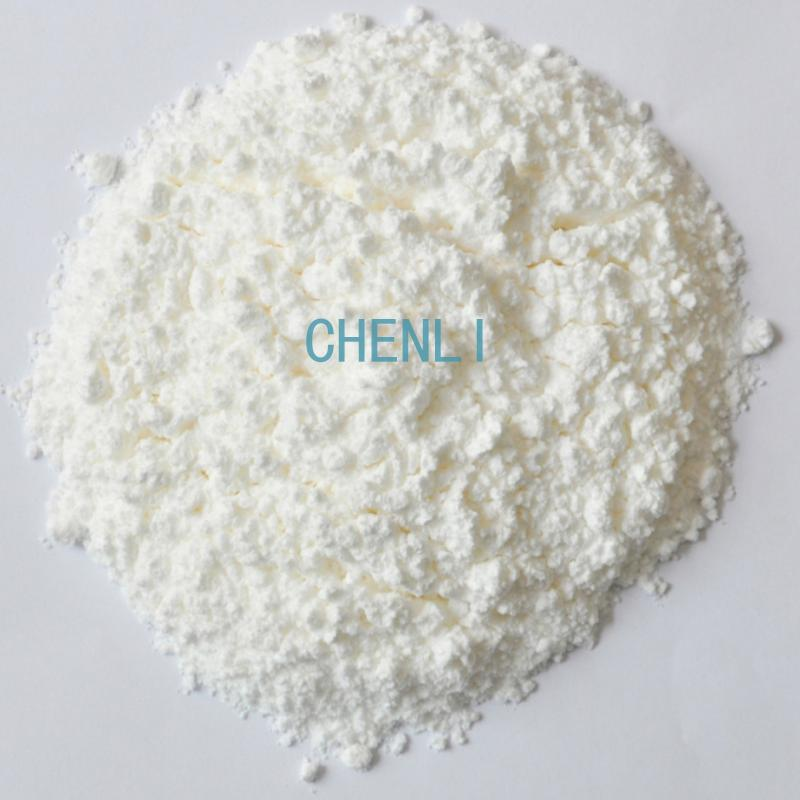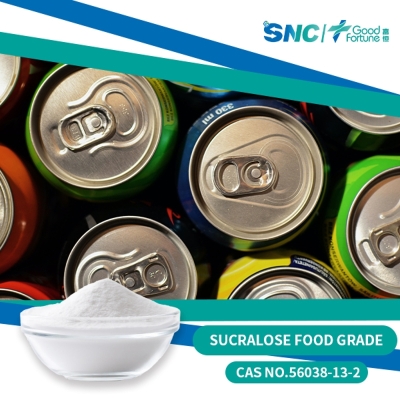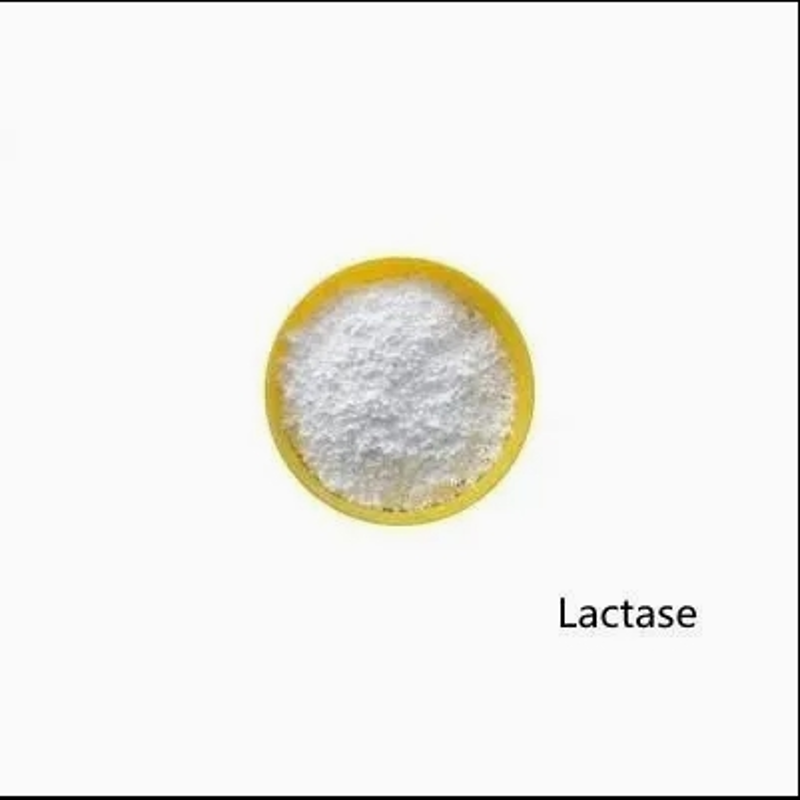-
Categories
-
Pharmaceutical Intermediates
-
Active Pharmaceutical Ingredients
-
Food Additives
- Industrial Coatings
- Agrochemicals
- Dyes and Pigments
- Surfactant
- Flavors and Fragrances
- Chemical Reagents
- Catalyst and Auxiliary
- Natural Products
- Inorganic Chemistry
-
Organic Chemistry
-
Biochemical Engineering
- Analytical Chemistry
-
Cosmetic Ingredient
- Water Treatment Chemical
-
Pharmaceutical Intermediates
Promotion
ECHEMI Mall
Wholesale
Weekly Price
Exhibition
News
-
Trade Service
According to plant source experts, we can learn from the commercialization of stevia and rohan fruit to develop and research new natural sweetener ingredients and plant extracts.found that natural plant-based sweeteners are much more than just a matter of opportunity.many chemicals in the plants and fruits analyzed have a lot of room to develop;
the question now is how to find these natural sweeteners and commercialize them.Expert Moni Cassimon, director of the Royal Botanic Gardens in Coventry, UK, told Food Navigator that she believes there will be a significant financial benefit if plant extracts are used as sweetener ingredients in an industry that hopes to replicate rohango's success.
"Many companies are lookingsubstances that already exist but have not yet been classified as sweeteners, " says Dr. Rohango. They may be some fruit-derived extracts such as Rohango," Simmonds said.cactus tequila is another substance that people are interested in because it contains complex sugars. She added: 'The compound sugar in tequila produces sugars that cause a smaller blood sugar response than white sugar.find a method such as a compound or extract that can successfully develop sweeteners, explains Simont. However, it cannot be hydrolysed by insulin and therefore cannot solve the problem of high sugar loads.botanists suggest that companies can learn from the success of Rohan fruit extracts and apply them to other fruit or plant-based extracts.see more examples like this, I think for a business you have to find your place. She said.the next stevia "nature have many plants and stevia have the same effect. Simonds said.noted the growing international interest in the food industry, coupled with the ability to capture traditional food information to help researchers and businesses identify more sweeteners., for example, have been studying fruits or plants that are used as fruits or plants in some countries and sweeteners on tables in others. Thiswas discovered by stevia, which has always been considered a traditional food. She explained.stevia contains an attractive compound, which makes headlines, she said., of course, and then there's a bunch of scientists looking at the compounds.she believes that looking back at traditional recipes, we can find other promising products because stevia, like many other plants, dates back hundreds of years.more opportunities, and I think the most important thing right now is not just for businesses, because we can use this to judge the local environmental importance of growing these plants. She said.experience with steviaSimonds says the timing of stevia approval through the EU makes stevia an interesting model for future searches for compounds., of course, Stevia is interesting because it's been around for years and it takes a lot of time to pass standard approval and eventually become a product.question now is: What are we going to do to make something better in the future?"With the diversification of compounds that could become sweeteners, can we inspire a whole new industry with new intellectual property rights?" he said. Simonds said., however, she acknowledges that many of these plants are not yet classified as food, and that there will be a series of regulations to be passed.







